Category: Humanity
-
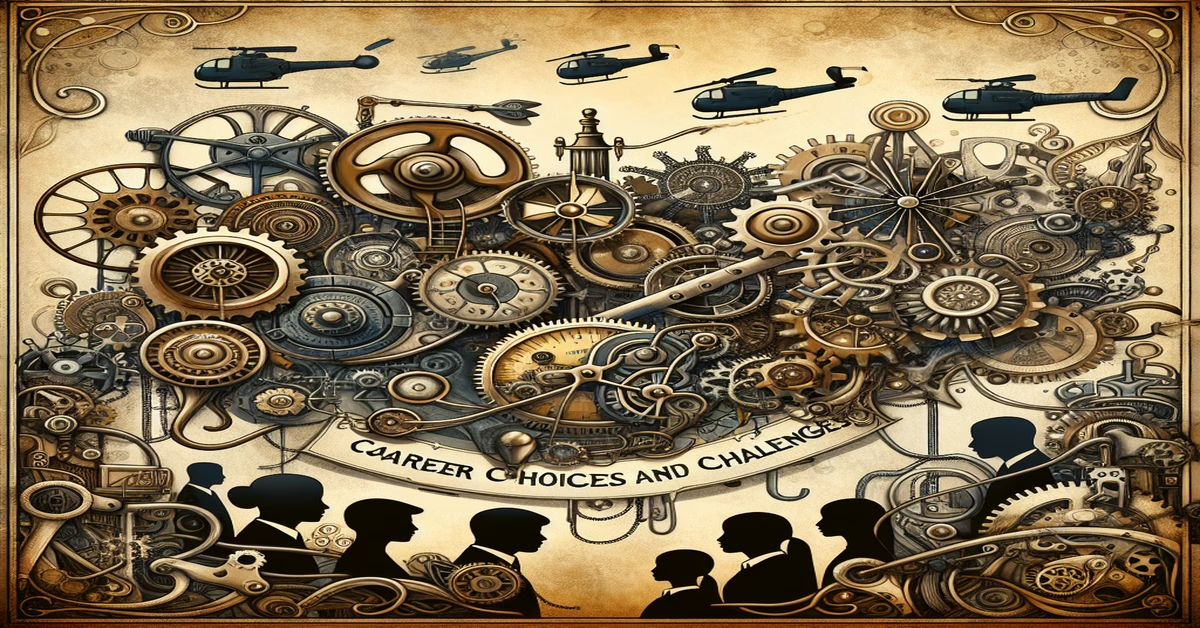
Aphantasia: Career Choices and Challenges
Understanding Aphantasia Aphantasia is a cognitive condition characterized by an individual's inability to voluntarily visualize imagery. People with aphantasia lack a "mind's eye," which means that when they try to conjure up an image of a familiar face or a picturesque landscape in their mind, they experience an absence of visual imagery. This condition varies…
-

Understanding Imagery Disorder: A Personal Journey
What is Imagery Disorder? Imagery disorder, often referred to as aphantasia, is a condition characterized by the inability to voluntarily create mental images in one's mind. This intriguing neurological phenomenon affects a person's ability to generate visual experiences internally. While most people can close their eyes and visualize objects, scenes, or people with varying degrees…
-
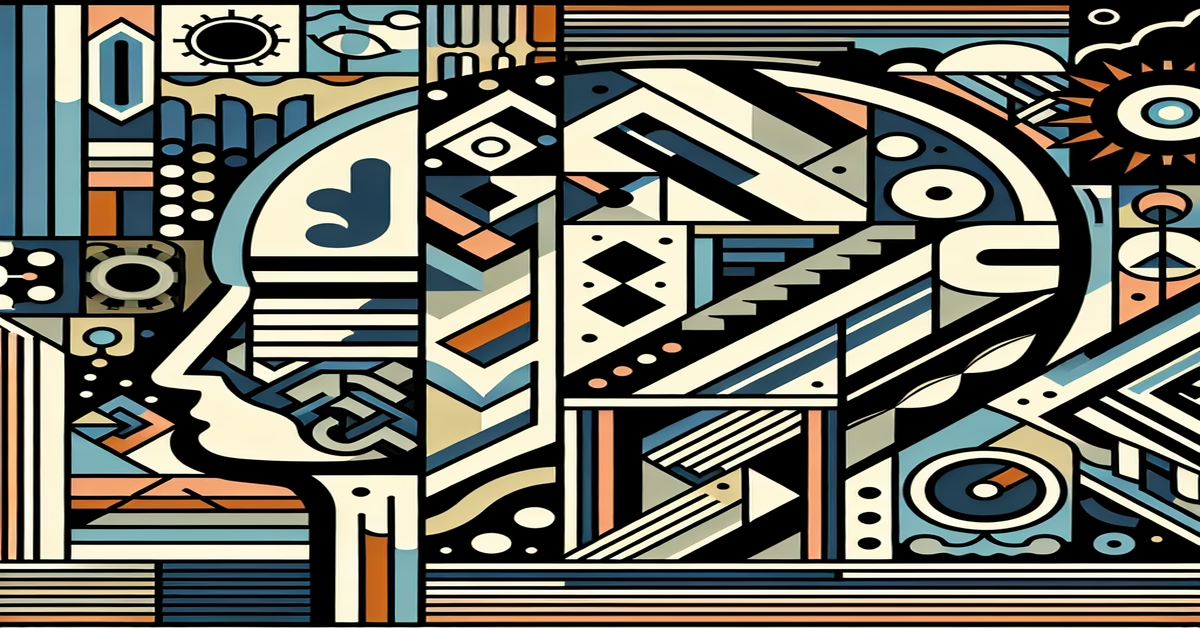
Aphantasia’s Role in Modern Psychology
Understanding Aphantasia Aphantasia, a term first introduced in 2015 by cognitive neurologist Adam Zeman, refers to the inability to voluntarily generate mental images. Individuals with this condition cannot visualize scenes, people, or objects in their mind's eye, even when attempting to consciously recall familiar visual imagery. This phenomenon is not due to a lack of…
-
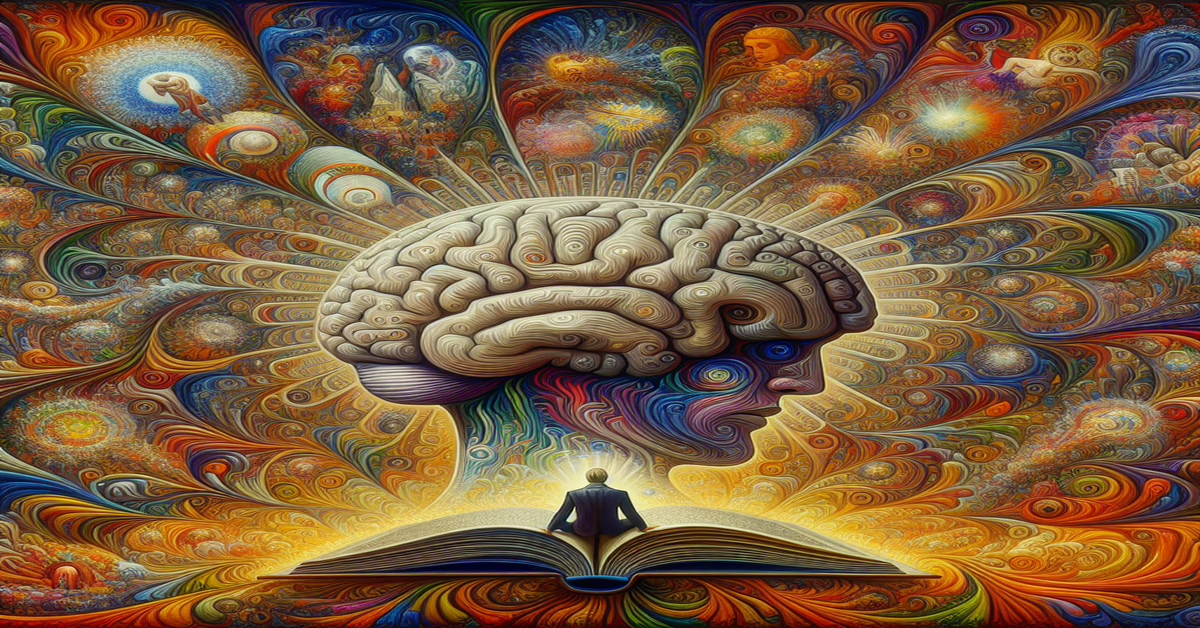
Life with Hyperphantasia: Vivid Imagery Explored
Understanding Hyperphantasia Hyperphantasia is a fascinating cognitive phenomenon characterized by an exceptionally vivid imagination. Unlike those with aphantasia, who lack voluntary mental imagery, individuals with hyperphantasia experience mental images that are as vivid as real-life perceptions. This heightened visual imagery allows them to recall faces, places, and experiences in extraordinary detail, sometimes even allowing them…
-
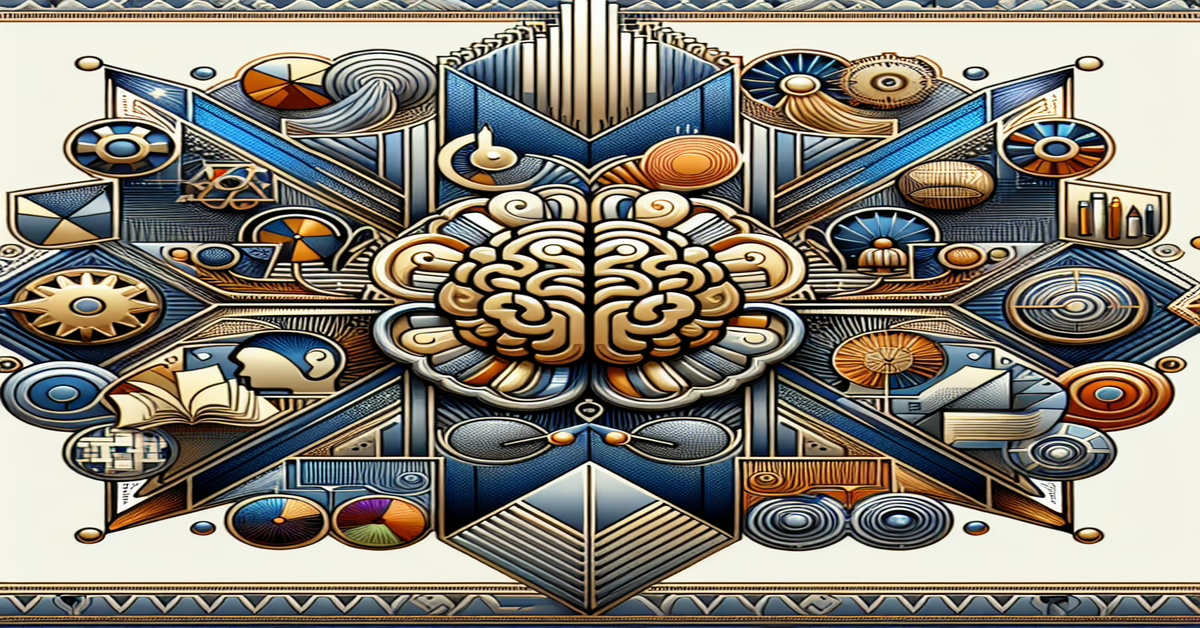
Benefits of Vivid Imagination
Understanding Imagination Imagination is a fundamental aspect of the human experience, serving as a cornerstone for creativity and innovation. At its core, imagination can be defined as the ability to form new images and sensations in the mind that are not perceived through the senses. It allows individuals to explore ideas beyond reality, envisioning worlds…
-
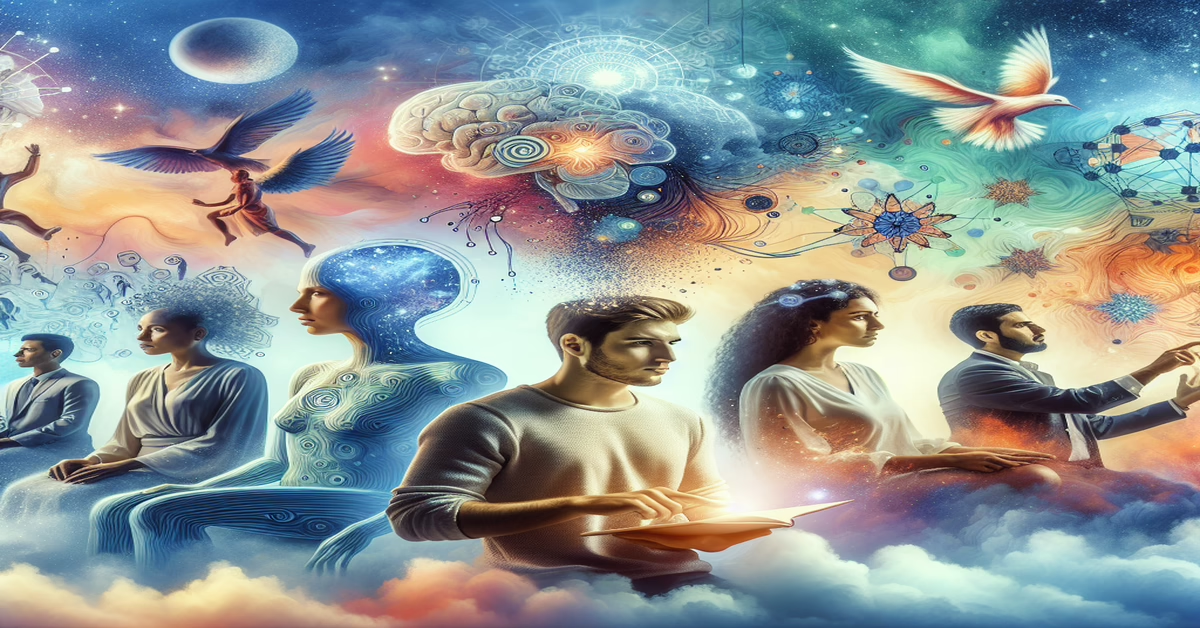
Aphantasia Benefits: Exploring the Unique Advantages
Understanding Aphantasia Aphantasia is a fascinating phenomenon characterized by an inability to voluntarily visualize mental images. This condition affects how individuals experience visual imagery within their minds, often going unnoticed until they become aware of others' vivid mental pictures. First scientifically identified in 2015 by cognitive neurologist Adam Zeman, aphantasia remains an area of growing…
-
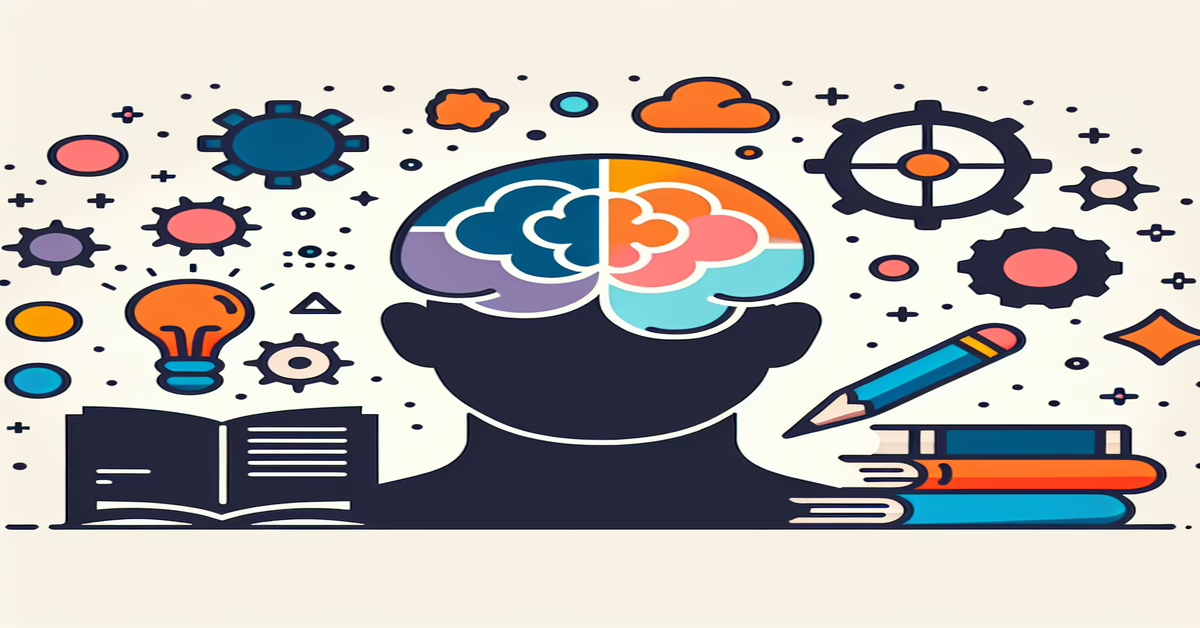
Aphantasia’s Impact on Storytelling and Creativity
Understanding Aphantasia Aphantasia is a fascinating cognitive condition characterized by an individual's inability to voluntarily visualize imagery in their mind. This means that when someone with aphantasia attempts to conjure images, such as a beautiful sunset or a loved one's face, they may experience a mental blankness rather than vivid pictures. This condition exists on…
-
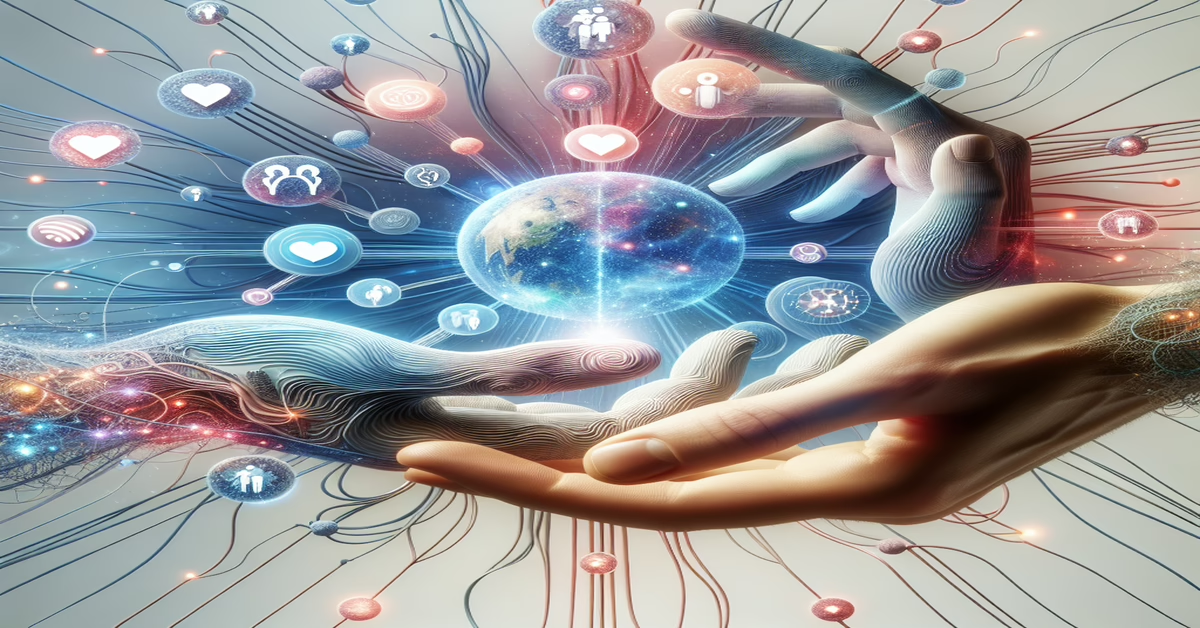
Empathy Without Visualization in Human Interactions
Understanding Empathy Beyond Sight Empathy is traditionally associated with the ability to figuratively or literally see from another person's perspective, often relying on visual cues such as facial expressions and body language. However, empathy can transcend the visual domain, engaging our other senses and emotional intelligence to forge deep connections. The essence of empathy lies…
-
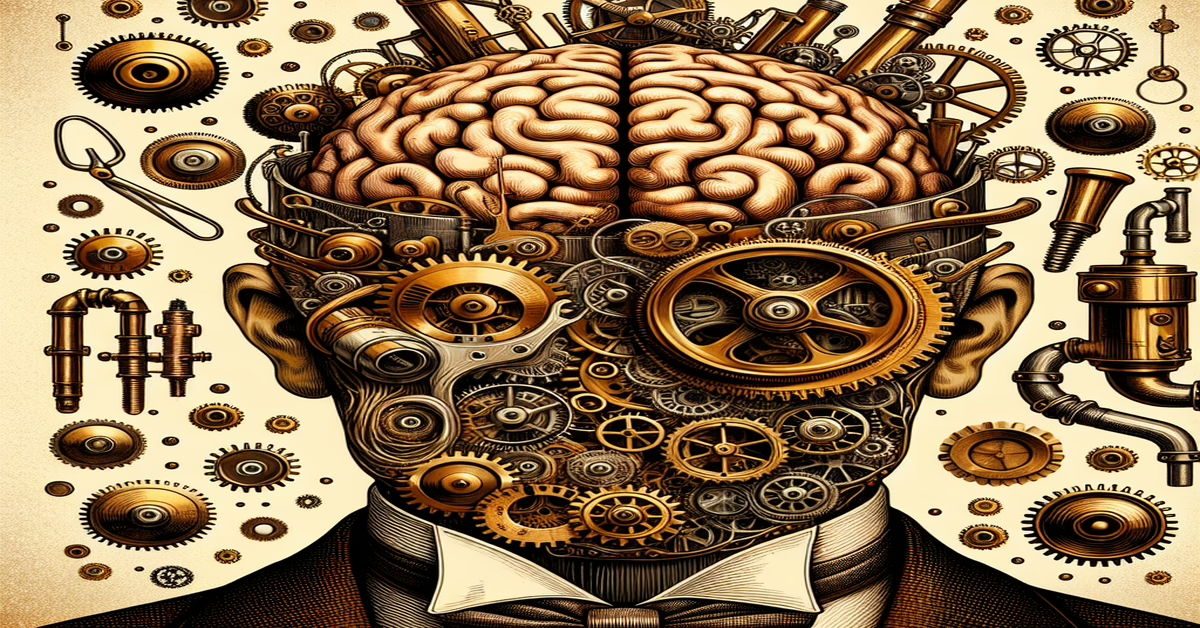
Understanding Aphantasia: What It Means and How It Feels
Defining Aphantasia Aphantasia is the condition characterized by an inability to voluntarily visualize mental images. While most people can picture a sunset, the face of a loved one, or a daydream in their "mind's eye," individuals with aphantasia experience a blank canvas when they attempt to summon such images. The term "aphantasia" was first coined…
-

Aphantasia: Personal Stories and Experiences
Understanding Aphantasia Aphantasia is a neurological condition characterized by an inability to voluntarily visualize imagery in the mind’s eye. Despite its growing recognition, many people are unaware of the term or its implications on daily life. Those with aphantasia do not experience the mind's eye phenomenon, a cognitive ability where people visualize scenarios, objects, and…